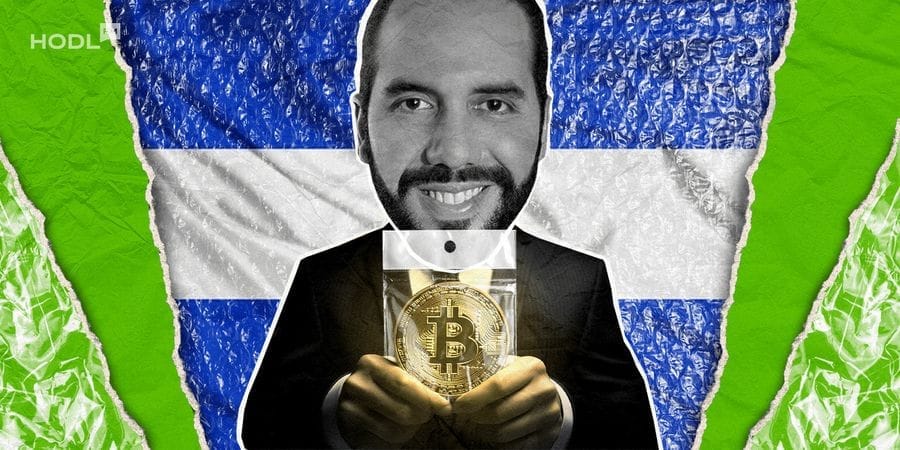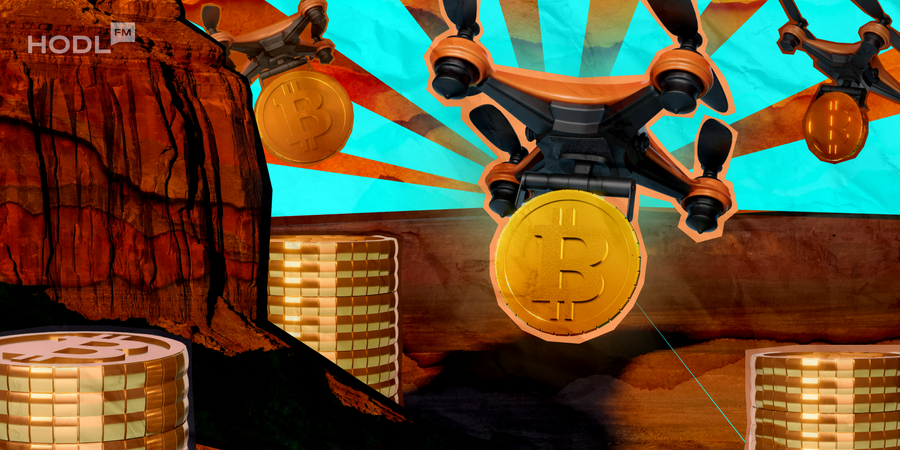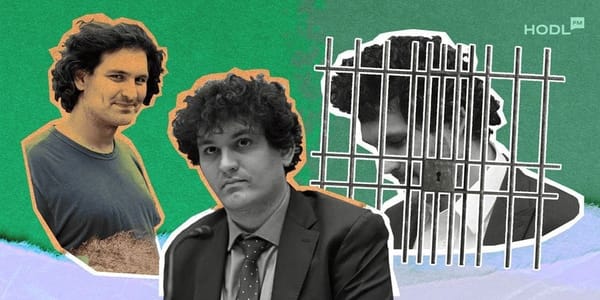The Texas House of Representatives just pulled a bold move, passing a landmark bill aiming to stash Bitcoin in the state treasury. On Wednesday, the third and final reading of Senate Bill 21 rolled through, bringing the Lone Star State one step closer to officially embracing crypto as part of its financial toolkit.
This bipartisan-backed bill didn’t exactly pass without a little drama. It’s cruising along to Governor Greg Abbott’s desk, but not without raising some eyebrows and ruffling feathers along the way.
Bipartisan Cheers and Jeers as Bill Nears the Finish Line
Senate Bill 21 isn’t a unanimous crowd-pleaser. On Tuesday, it cleared the second reading with 105 votes for and 23 against, pretty solid support, right? But the party poopers multiplied by the third reading, with 42 nay votes floating around, according to unofficial numbers.
The official tally is still “for informational purposes only” according to the Texas legislature website, so don’t quote that just yet. And if you’re wondering about the cost, well, that’s still a mystery. Jerry McGinty, the budget board director, says the fiscal impact “cannot be estimated” because it’s unclear how much Bitcoin the state will buy or how much cash they’ll allocate. The only sure thing? The comptroller’s office is expected to cover any administrative costs from the Bitcoin reserve proceeds.
Authored by Senator Charles Schwertner and backed in the House by Rep. Giovanni Capriglione, the bill lays the groundwork for Texas’s very own strategic Bitcoin reserve, giving the comptroller authority to manage crypto investments.
If it all goes through, Texas will join New Hampshire as only the second state in the U.S. to keep Bitcoin in its treasury stash, talk about putting your money where your mouth is!

Disclaimer: All materials on this site are for informational purposes only. None of the material should be interpreted as investment advice. Please note that despite the nature of much of the material created and hosted on this website, HODL FM is not a financial reference resource, and the opinions of authors and other contributors are their own and should not be taken as financial advice. If you require advice. HODL FM strongly recommends contacting a qualified industry professional.





